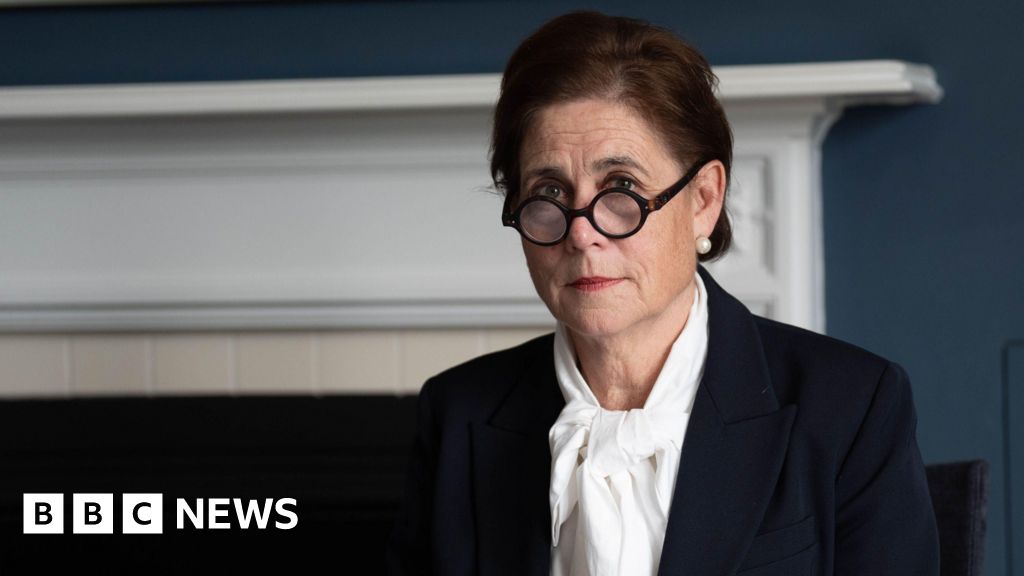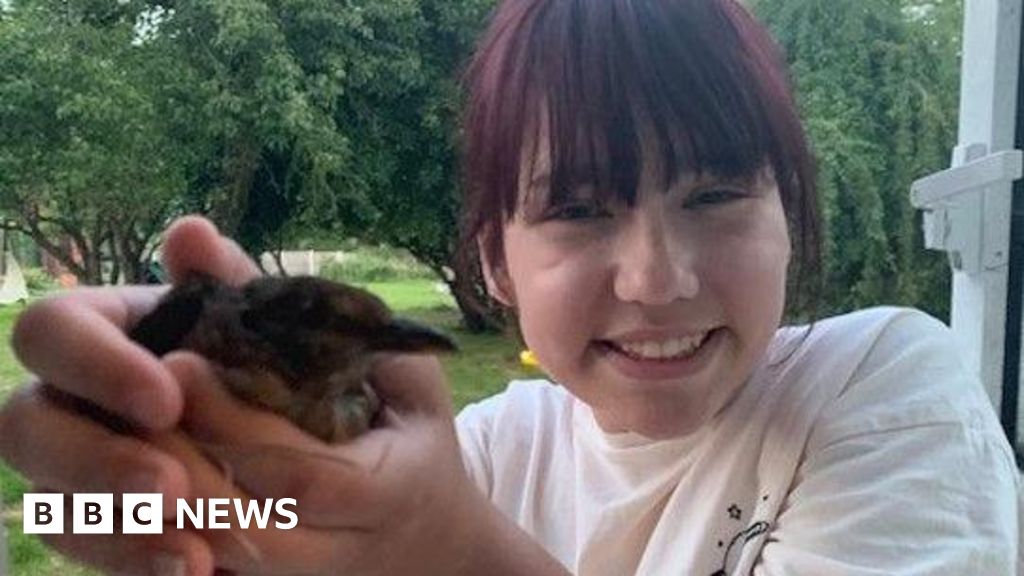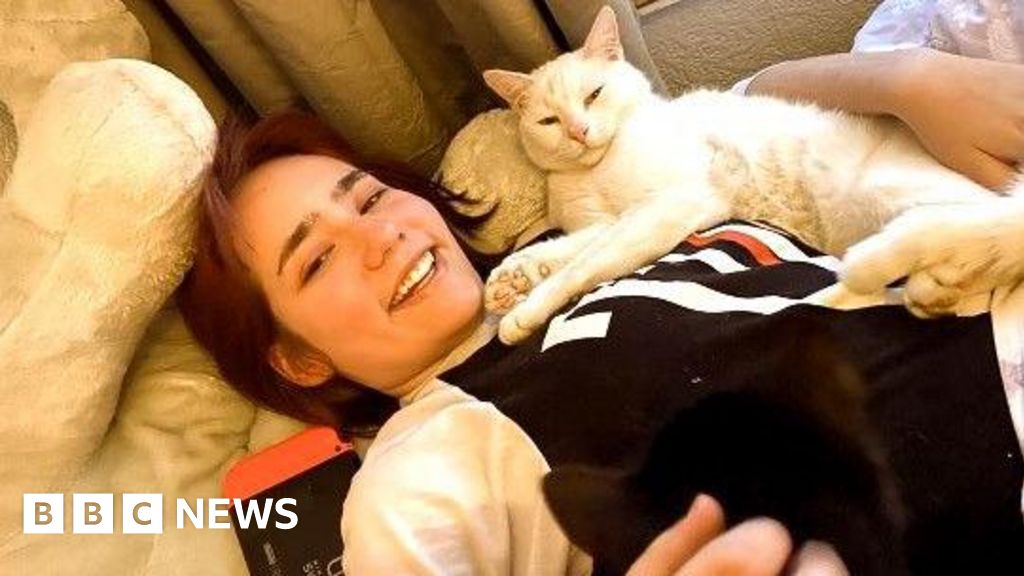Lampard Inquiry: Essex mental health trust boss 'sorry' over 'heartbreaking' failings to families | ITV News Anglia
The chief executive of a mental health trust has admitted at an inquiry that listening to accounts from bereaved families was "extremely sobering and shocking", as he offered an apology.
Paul Scott, chief executive officer of Essex Partnership University NHS Foundation Trust (EPUT), defended the organisation at the Lampard Inquiry on Thursday and said it should continue to deliver mental health services.
The Lampard Inquiry is examining the deaths of more than 2,000 people at NHS-run inpatient units in Essex between 2000 and 2023.
It includes those who died within three months of discharge, and those who died as inpatients receiving NHS-funded care in the independent sector.
What is the Lampard mental health inquiry?
Probe into 2,000 mental health deaths 'as important as Post Office Inquiry'
At a hearing in London, he said: “I’d like to offer an apology and condolences to all families who have lost loved ones under the care of Essex mental health.
“I have listened when I first joined, I’ve met many families, at the Health and Safety Executive (HSE) prosecution (which saw the trust fined £1.5 million), I was in the court for that and I’ve heard testimonies through this inquiry as well.
“They’ve been brave, powerful and heartbreaking.
“These have deeply affected me and motivated me to make a real difference and I’m sorry for their enduring pain.
“Since joining the organisation I have given everything I have to try and improve safety and I will continue to do so.”
Mr Scott became chief executive of EPUT in 2020 and described the HSE prosecution as “extremely sobering and shocking to listen to very powerful testimonies of families in the courtroom, how they’d been failed, the impact it had on them”.
“The responsibility I felt to address that was very powerful with me,” he said.
“I still remember that every day, that day is probably one of the most profound days of my life.”
Mr Scott referred to an opening statement that a barrister for EPUT gave in September last year “where we were very clear about accepting the failings of the past”.
He said: “We admitted to failings around ligature points and other environmental risks; staff members’ culture and conduct; sexual and physical abuse; absconding; discharge and assessment of patients; involvement of family and friends and staff engagement with investigations.”
EPUT was formed in 2017 following a merger of the former North Essex Partnership University NHS Foundation Trust and the South Essex Partnership University NHS Foundation Trust.
Nicholas Griffin KC, counsel to the inquiry, asked Mr Scott if “financial pressures have adversely impacted patient safety since the merger.”
Mr Scott said: “Since I’ve joined there has been no financial constraints on our inpatient wards – the constraint is the supply of staff.
“I think prior to that there was very strict financial control, now whether you call that financial constraint or not…
“My view was we should have been investing more earlier.”
Thursday’s hearing marked the conclusion of an "introductory" three-week session before the next public hearings of the inquiry in July, which will focus on “those who died while under the care of EPUT’s predecessor trusts”.
Some families have been left dissatisfied by the hearings so far, according to Hodge Jones & Allen solicitors, which is representing 126 families.
Priya Singh, from Hodge Jones & Allen Solicitors, said: "I think a lot of the evidence given today is not going to mirror our families' experiences which happened whilst their loved ones were alive and when they passed away, so I think they're going to struggle with the evidence they heard today."
Ralph Taylor's wife Carol died in 2023 after being admitted to the mental health unit at St Margaret's Hospital in Epping. Mr Taylor said: "I think there's a failure of culture, I really don't know what you do about it, but I don't think EPUT is the right organisation to do it because of the experience of families.
"They've failed to look after so many patients in the past, how can you be confident they'll do that in the future?
"I can't bring her back but if we can save at least one life by virtue of them changing how they treat people it's worth it."
During the inquiry opening in Chelmsford last year, the chairwoman of the inquiry, Baroness Kate Lampard CBE, said "we may never know" the true number of people who died.
But she warned it is expected to be "significantly in excess" previously reported.











:max_bytes(150000):strip_icc()/Parents-6ThingsYourBabyCanDo-0dc4e1b0824e4eb18acc92befd941904.jpg)